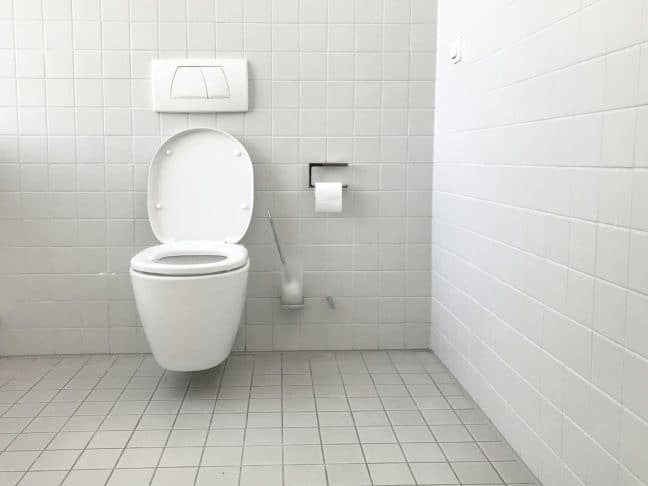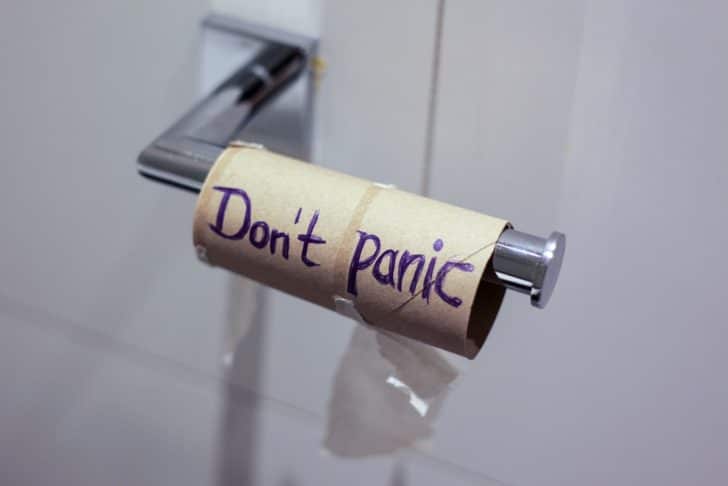This preference is particularly common in regions across Africa, Southeast Asia, and southern Europe, where factors such as environmental considerations, economic constraints, inadequate plumbing infrastructure, and deeply ingrained cultural traditions play pivotal roles.

In areas with substantial Muslim and Hindu communities, such as South Asia, as well as countries like Tunisia, Morocco, Egypt, and Jordan, water remains the primary method for personal cleanliness in bathrooms.
Typically, these regions feature squatting toilets rather than conventional western-style ones, with many households equipped with small showers or hoses for rinsing purposes.

In the United States, there’s been a notable uptick in the adoption of bidets, colloquially known as “bum guns,” driven by their perceived environmental friendliness and superior hygiene benefits, as highlighted in a Forbes magazine report.
These devices function by spraying water and are viewed as a more sustainable and hygienic alternative to toilet paper. However, it’s important to note that they may not be suitable for individuals with certain health conditions.
